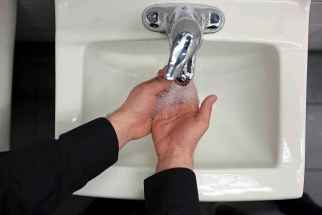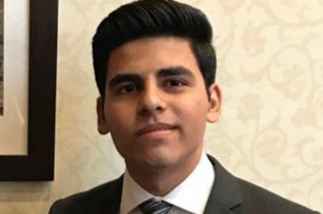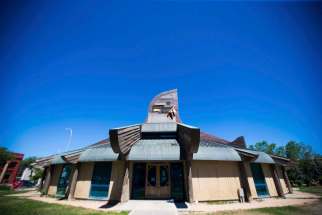‘They never came back’ Drowning deaths of two Winnipeg men puts spotlight on newcomer water safety
Read this article for free:
or
Already have an account? Log in here »
To continue reading, please subscribe:
Monthly Digital Subscription
$0 for the first 4 weeks*
- Enjoy unlimited reading on winnipegfreepress.com
- Read the E-Edition, our digital replica newspaper
- Access News Break, our award-winning app
- Play interactive puzzles
*No charge for 4 weeks then price increases to the regular rate of $19.00 plus GST every four weeks. Offer available to new and qualified returning subscribers only. Cancel any time.
Monthly Digital Subscription
$4.75/week*
- Enjoy unlimited reading on winnipegfreepress.com
- Read the E-Edition, our digital replica newspaper
- Access News Break, our award-winning app
- Play interactive puzzles
*Billed as $19 plus GST every four weeks. Cancel any time.
To continue reading, please subscribe:
Add Free Press access to your Brandon Sun subscription for only an additional
$1 for the first 4 weeks*
*Your next subscription payment will increase by $1.00 and you will be charged $16.99 plus GST for four weeks. After four weeks, your payment will increase to $23.99 plus GST every four weeks.
Read unlimited articles for free today:
or
Already have an account? Log in here »
Hey there, time traveller!
This article was published 09/07/2018 (2715 days ago), so information in it may no longer be current.
When he got a call Friday from the police, Winnipeg hotelier Darshan Kaila assumed it was good news.
Kaila’s nephew, Pawan Preet Brar, 20, who worked for his uncle at the Hilton Garden Inn, had recently applied to the city’s police cadet program. Kaila initially thought the phone call was to be a background check on Brar; instead, it was a devastating conversation.
The bodies of Pawan Preet Brar and Arwinder Brar, 19, had been recovered by the Ontario Provincial Police’s dive crews in the waters of Lake of the Woods, near Kenora.

The men, who weren’t related, had immigrated to Canada within the last decade, and neither knew how to swim. They were both scheduled to start work at the hotel at 5 p.m., and Kaila warned them a drive to Kenora would take all day. They never intended to go in the water, but when one of them reportedly lost balance and fell in, the other dove in to save him, Kaira said.
“My nephew was always very scared of the water,” he added.
The deaths of the two men Thursday are the latest in a long line of reported drownings and water fatalities of newcomers and first-generation Canadians in Manitoba in recent years.
A few incidents: in 2000, six-year-old Si Qi Zeng, originally from China, and seven-year-old Zakaria Ali Amin, from Somalia, drowned in separate incidents at Birds Hill Provincial Park.
In 2003, Bo-Sun Lee, 10, from South Korea, drowned at St. Malo Provincial Park (she couldn’t swim).
In July 2016, Jhonalyn Javier, 11, and David Medina, 12 — whose families had recently moved from the Philippines — drowned at Grand Beach. The next month, Rwanda-born Jean-Baptiste Ajua, 22, drowned at Birds Hill; he’d officially become a Canadian citizen months earlier.
Last week, an 18-year-old man drowned at the Pinawa Dam Provincial Park. He was believed to be a newcomer, too, an RCMP spokesperson told the Free Press Monday.
In 2016, the Lifesaving Society produced a study which found children born outside of Canada were five times less likely to know how to swim than those who were.
Kevin Tordiffe, the operations manager of the society’s Manitoba branch, said the study was informative, however it was based on survey responses rather than empirical data sets. The issue, Tordiffe said, is provincial coroners don’t record place of birth when producing death statistics, so there is no data showing how often newcomers have drowned or been injured in the water in Canada.
“(Water-related fatalities that happen to newcomers) seem to happen more often,” he added. “We don’t have reliable data. We can look at media reports, but that doesn’t give us the full picture.”
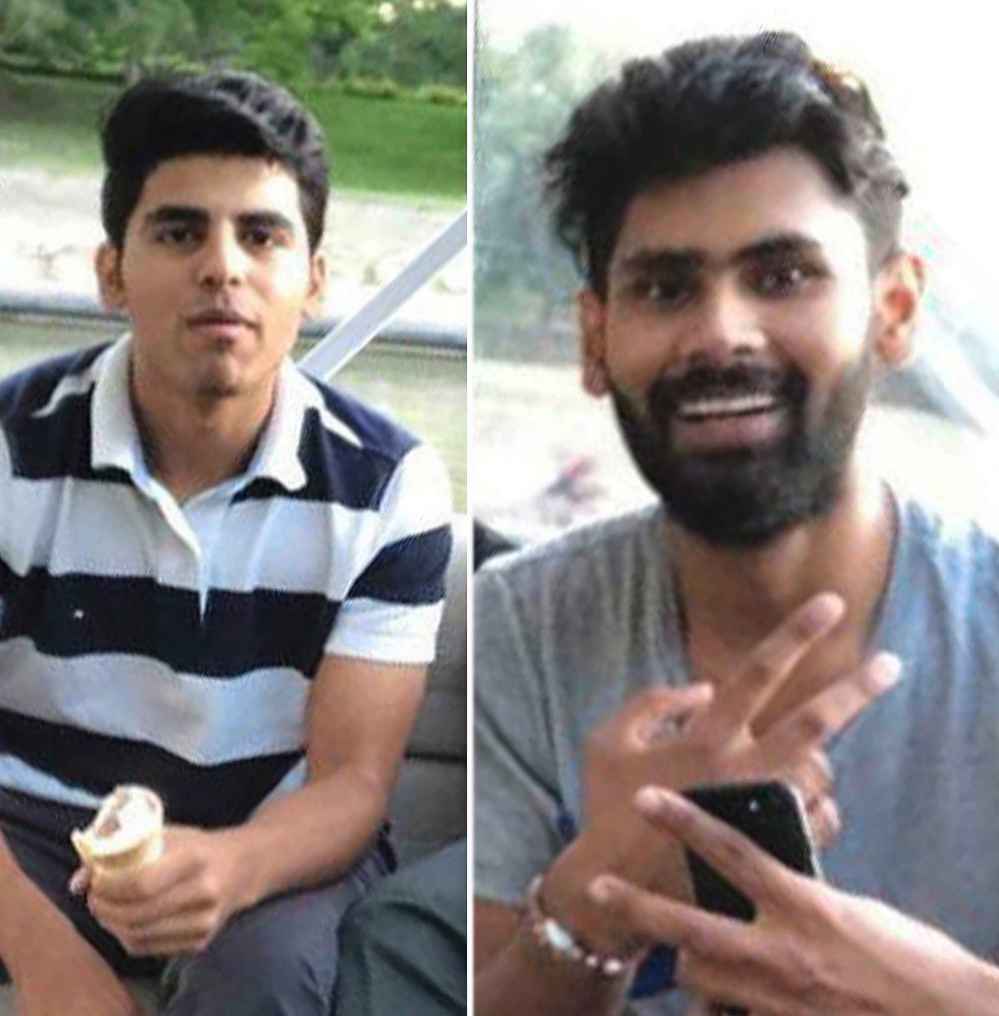
After a slew of water-related fatalities befell local immigrant communities about a decade ago, the Lifesaving Society began an annual education program aimed at English as additional language classes. The 90-minute classes teach basic water safety in simplified English. This year, about 2,300 people participated.
The Manitoba government, along with some private donors, provides about $350,000 to the Lifesaving Society each year. About one-third of that goes to school programming, Tordiffe said. He’d like to expand the programming to address more people, “but without real data, it’s hard to get funding and information to support it.”
Chris Love, the society’s Water Smart co-ordinator, said with more funding, he believes the number of drowning deaths and injuries could be reduced significantly. This year, the society partnered with the City of Winnipeg on a pilot project to offer swimming lessons to more than 3,500 Grade 4 students, at a cost of $63,000 from the Winnipeg School Division’s reserve fund.
“Most feedback was very positive,” Love said.
Winnipeg-based Newcomers Employment and Education Development Services Inc. has been running free, 10-week swimming programs for newcomer teens since 2017. So far, about 50 teens have completed it.
“It’s incredibly sad there aren’t more swimming programs for newcomers,” program manager Jennifer Tomsich said. “We want to reach as many kids as we can.”
So do Love and Tordiffe. Since May, the Lifesaving Society has been running commercials on local radio stations in English, Punjabi, Tagalog, Cree, Ojibwa and French, with hopes of reaching as many people as possible with water-safety information.
“The more languages we use, the more likely the message is heard,” Love said.
Next week (July 15-21) is national drowning prevention week, timed to coincide with the third week of July, when drownings and water-related fatalities tend to reach their peak in Canada. More drownings occured in July than any other month, Lifesaving Society data show.
Mourning his nephew, Kaila said he hopes newcomers — and all Manitobans — educate themselves on water safety and not go to any body of water without proper knowledge, company and safety equipment.
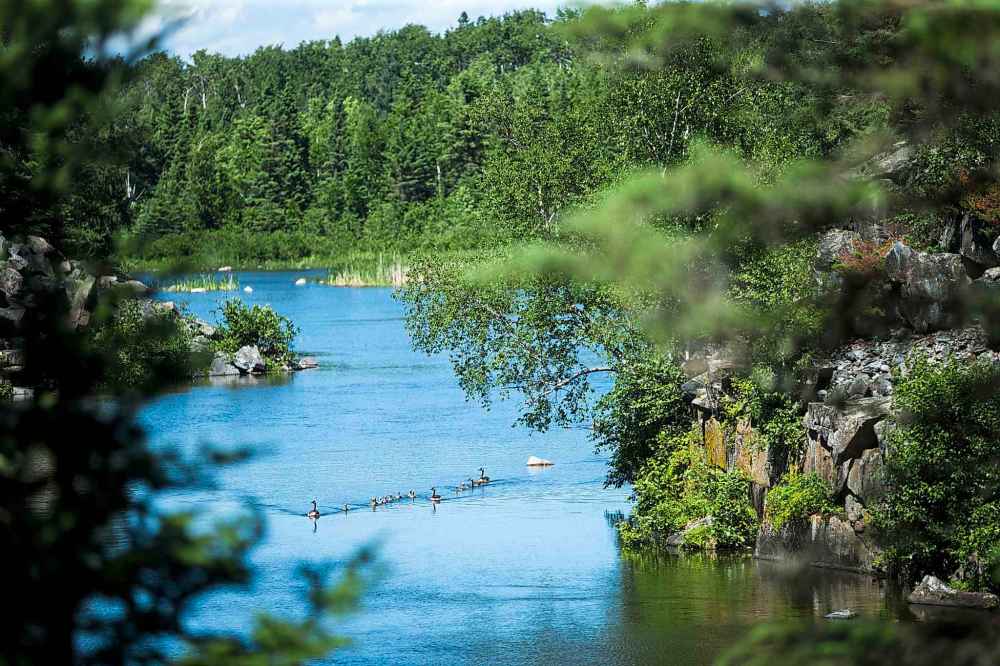
His two granddaughters, three and six years old, are learning how to swim, Kaila said, but don’t understand what happened to their uncle.
“They think he’s coming back,” Kaila said. “My little granddaughter was asking, ‘Did you find him?'”
He isn’t sure what to tell them, but knows some day, they’ll have to hear the story.
“What was meant to be a short trip was a very long one, and they never came back,” he said.
ben.waldman@freepress.mb.ca
Twitter: @benjwaldman

Ben Waldman covers a little bit of everything for the Free Press.
Our newsroom depends on a growing audience of readers to power our journalism. If you are not a paid reader, please consider becoming a subscriber.
Our newsroom depends on its audience of readers to power our journalism. Thank you for your support.
History
Updated on Tuesday, July 10, 2018 9:33 AM CDT: Edited






